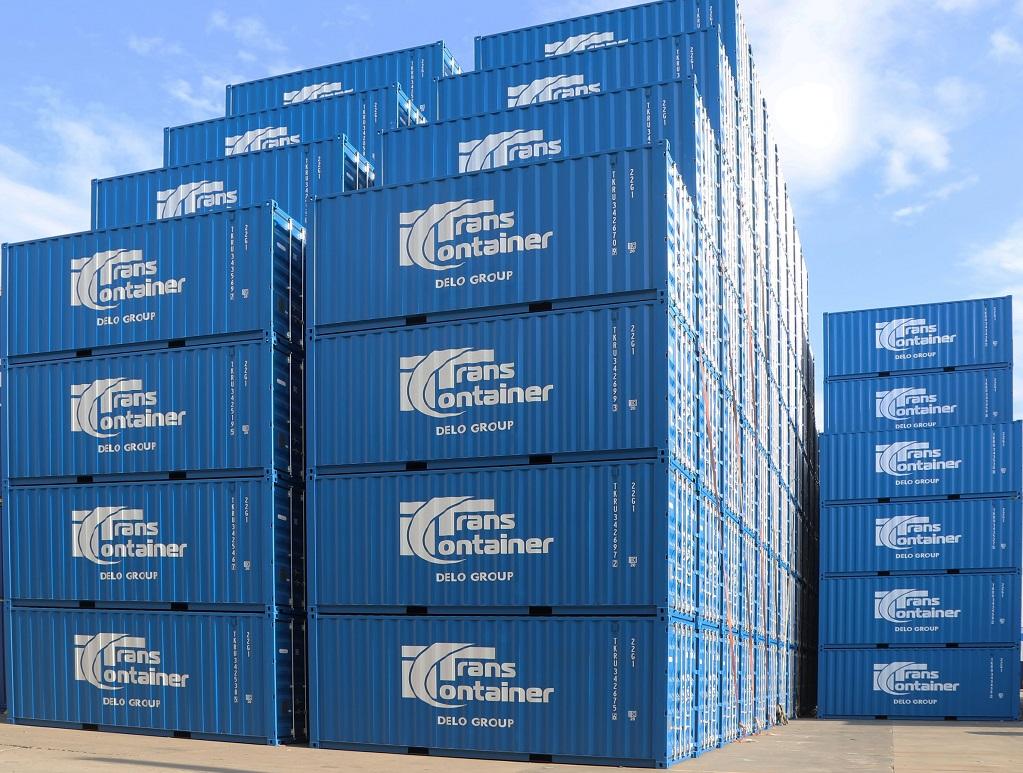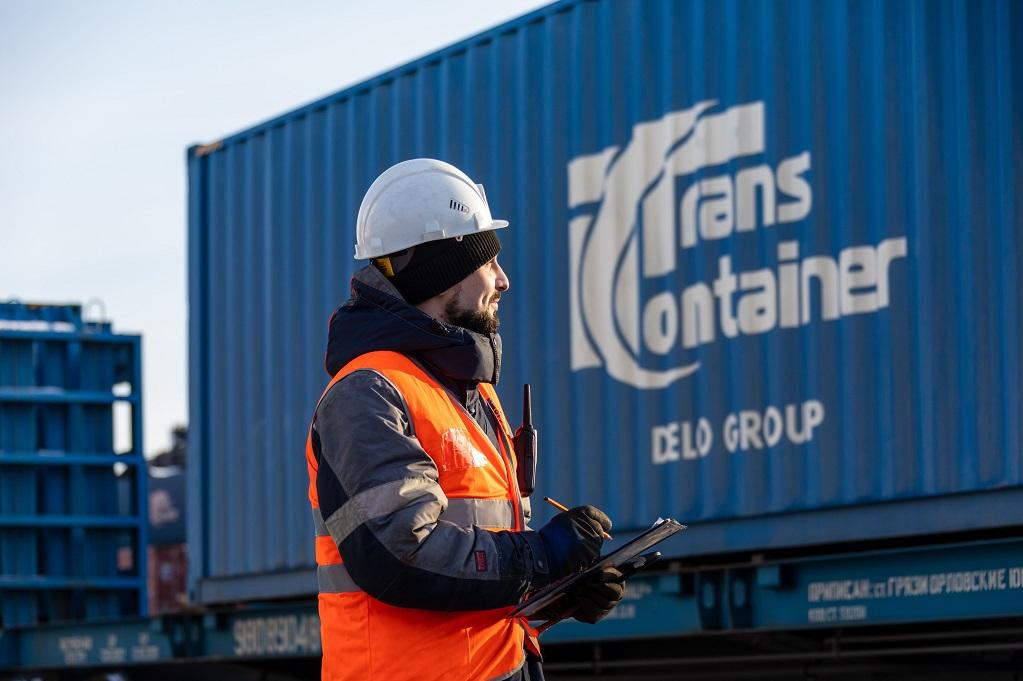Сompany overview
ABOUT US
TransContainer is the leader in railway container logistics in Eurasia. It manages more than 40% of railway container transportation and about 16% of container handling at Russia’s railway terminals[1].
The company is the largest owner of special rolling stock fleet in Russia, the CIS and Baltic states: TransContainer owns 40,000 flatcars and 120,000 large-capacity containers of about 219,000 TEUs[2]. TransContainer owns 40 railway terminals in Russia, operates 23 cargo vessels, including 13 vessels of Sakhalin Shipping Company (SASCO, in which TransContainer owns 58.51% of shares). The company’s sales network includes 88 offices in Russia and secures presence in the CIS countries, Europe, and Asia.
The 2021 flatcar fleet container traffic controlled by TransContainer reached 2.634 m TEUs. Container handling turnover at the company’s terminals stood at 1.613 m TEUs. Revenue reached RUB 137.59 bn (+32.9% vs. 2020); net profit, RUB 17.22 bn (+36%).
TransContainer is part of Delo Group (100% of shares are owned by LLC Delo-Сenter). It is listed on the Moscow Exchange.
The company was set up on March 4, 2006 as a spin-off of JSCo RZD’s branch Center for Cargo Container Traffic TransContainer, and commenced business operations on July 1, 2006.
STRATEGY
In September 2021, the Board of Directors of PJSC TransContainer approved the company’s mid-term (through 2025) and long-term (through 2030) development strategy. The Company’s Strategy until 2030 is targeted at the 45–50% share of the market of income-generating railway container transportation, doubled EBITDA, 80% business digitalization rate, and EBITDA of up to 25% from integrated freight forwarding and logistic services.
As part of the Strategy, TransContainer sets a strategic goal to assist Delo Group in strengthening its status of a national champion in container logistics in the Eurasian space. TransContainer’s other strategic goal is its leadership in railway container logistics in integration with the shareholder’s assets.
DIGITALIZATION
The accomplishment of TransContainer’s strategic goals is not possible without the introduction of innovative digital solutions into its key business processes.
In 2021, TransContainer approved its information system development strategy until 2025, which lays down the key priorities for the company’s information systems:
- development of digital sales channels and a CRM system;
- implementation of green logistics projects;
- development of a BPM system established to monitor and streamline processes;
- implementation of smart container terminals and artificial intelligence technologies;
- creation of cross-holding services and a unified corporate data repository of the group;
- implementation of infrastructure projects and development of supporting corporate systems.
TransContainer’s customers can use iSales online sales service to order a container transportation almost across the entire Eurasian continent in a couple of clicks. The service makes it possible for users to calculate the price of services without assistance, place an order from home or office, pay for services (including payment with a bank card), track an order fulfillment, monitor container’s whereabouts in real time, access documentation. Furthermore, customers get an online cargo insurance service available to them.
ENVIRONMENTAL POLICY
TransContainer fully admits its responsibility to today’s society and future generations. The company’s principal strategic goals include minimizing its adverse environmental impact by reducing carbon footprint and the emissions of air pollutants, as well as sustainable use of natural resources and efficient waste management.
The company’s business is associated with railway transportation, which has one of the lowest environmental impacts as compared with other modes of transport due to high electrification of railway networks within the Russian Federation.
More than 80% of terminals use zero-emission electric gantry cranes in their container handling operations, which reduces considerably adverse impact on the atmosphere as compared with the use of reach stackers powered by fossil fuels.
TransContainer first made an inventory of its emission sources and measured its greenhouse gas emissions in line with Scope 1 and Scope 2 guidance in 2021 as part of its business decarbonization process. In late 2021, the company proceeded to developing a greenhouse gas emission calculation methodology in line with Scope 3 guidance.
SOCIAL ROLE
TransContainer views charity as an element of its social responsibility. The company focuses on charitable activity in all regions where it operates.
The key goals of TransContainer in its charitable activity are to improve the living standards of society and support socially disadvantaged groups.
The company prioritizes the following charitable activities:
- assistance to children;
- support for sports and promotion of healthy lifestyle;
- preservation of Russia’s cultural heritage;
- assistance to employees and their family members;
- assistance to those affected by emergencies.



